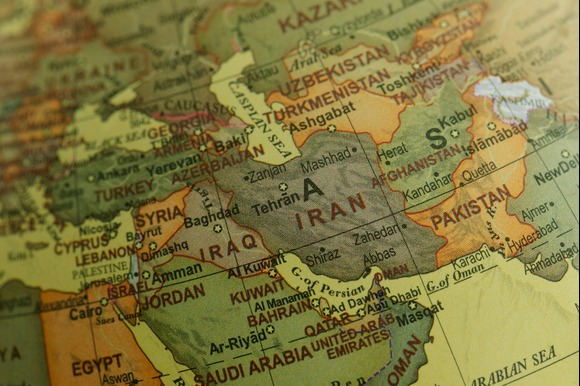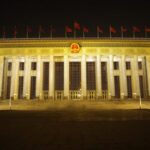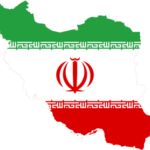Iran sought assistance from Russia on friday regarding a potential agreement with Washington concerning Tehran’s rapidly progressing nuclear program, in anticipation of a second round of discussions scheduled for this weekend in Rome.
Iran’s Foreign Minister, Abbas Araghchi, informed his Russian counterpart, Sergey Lavrov, about the initial round of negotiations held in Oman last week and commended Russia’s involvement in the 2015 nuclear agreement with global powers, which resulted in the lifting of sanctions in exchange for Iran’s limitations on its nuclear activities.
“We are optimistic and expect Russia to maintain its supportive role in any forthcoming agreement,” Araghchi stated during a joint press conference with Lavrov in Moscow. The 2015 nuclear deal fell apart following Trump’s unilateral exit, leading Iran to discard all restrictions on its nuclear program and to enrich uranium to levels approaching 60 percent purity, close to the weapons-grade threshold of 90 percent.
Lavrov expressed Russia’s willingness to mediate and support the nuclear discussions. “We are prepared to assist, mediate, and fulfill any role that Iran deems beneficial and that is acceptable to the United States,” Lavrov remarked. “We believe, as the Iranian minister just indicated, that the only viable path to an agreement is one focused solely on nuclear matters.”
Lavrov stated that Araghchi met with Russian President Vladimir Putin on Thursday, during discussions that highlighted the exceptional progress in the political dialogue between Moscow and Tehran. He refrained from providing further details, only mentioning that Putin was very satisfied with the discussions.
Araghchi conveyed a message from Supreme Leader Ayatollah Ali Khamenei to Putin, who holds the ultimate authority over all state affairs in Iran, but did not provide additional information.
In Paris, US Secretary of State Marco Rubio expressed optimism that negotiations with Iran would be “productive and could lead to a positive outcome. A peaceful and lasting resolution is what we all desire.” Rubio held meetings with officials from Britain, France, and Germany in Paris, urging them to uphold sanctions against Iran rather than allowing them to expire.
“We should all expect, based on the public statements made yesterday, that they are about to receive a report from the IAEA indicating not only that Iran is in violation of agreements but also that it is perilously close to developing a weapon, closer than ever before,” Rubio remarked.
He further stated, “The Europeans will then need to decide whether to reimpose these sanctions. If Iran is indeed out of compliance, they must take action to reinstate the sanctions.”






